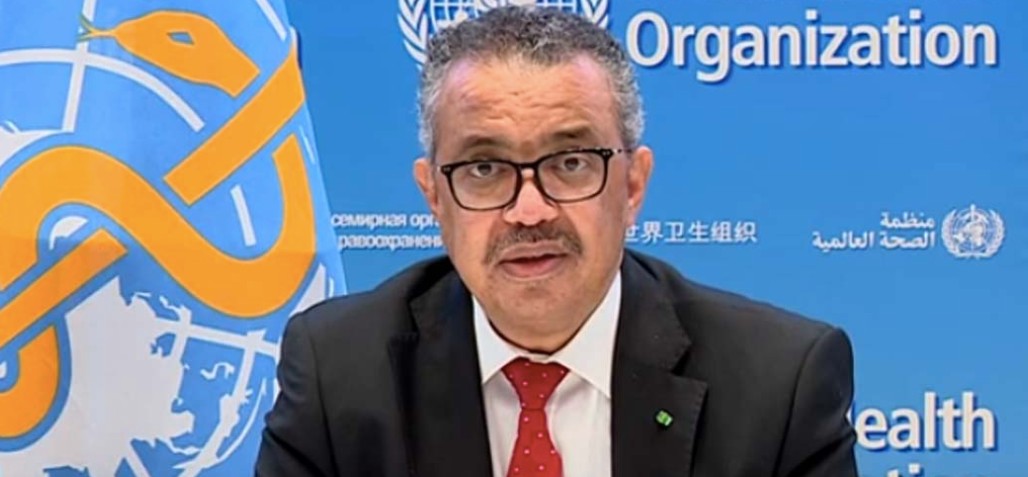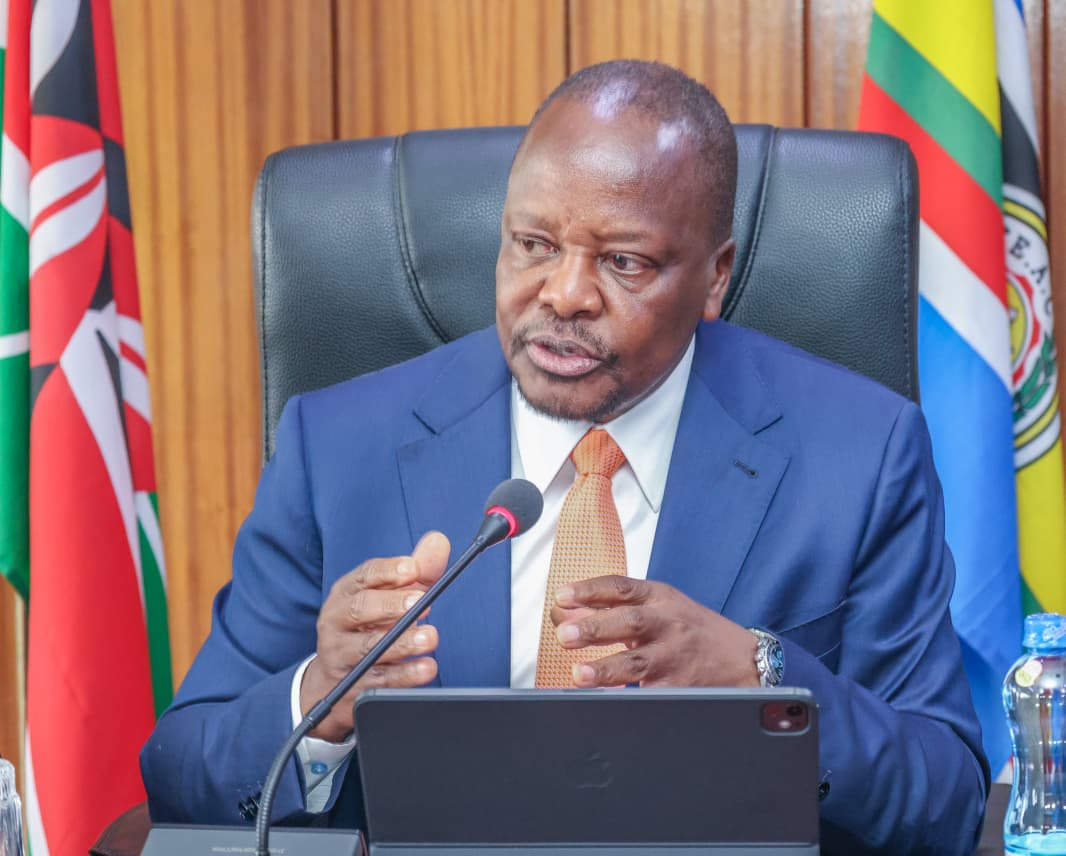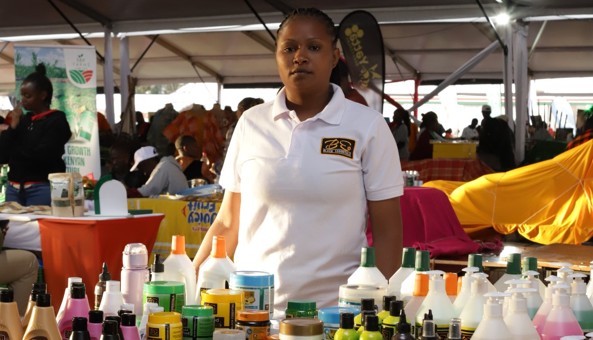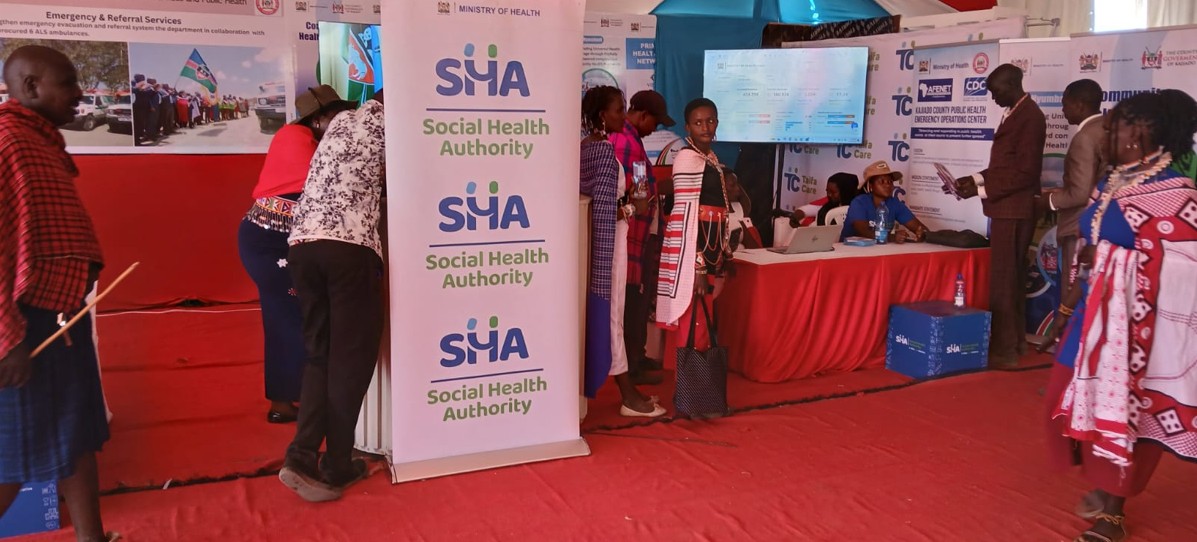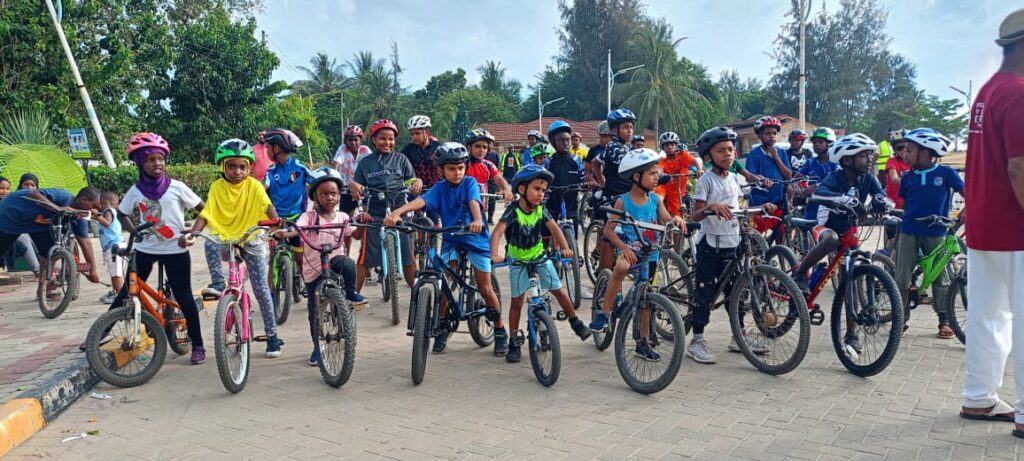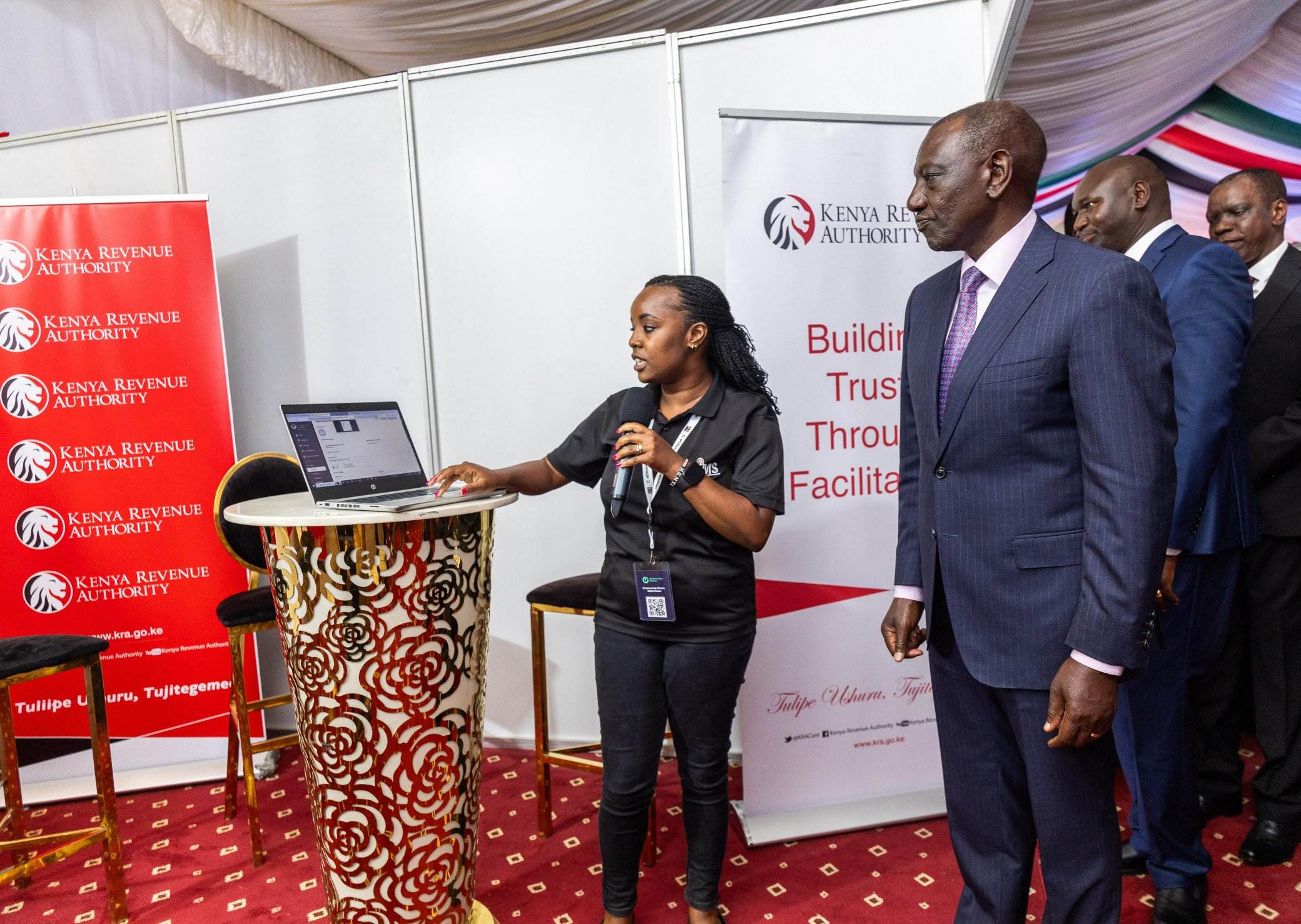Youth from pastoral areas push for smart practices to fight climate change
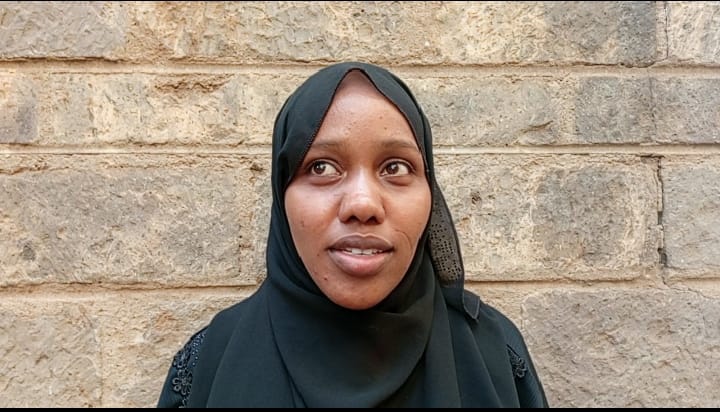
Wario's message to the government is that more support is needed to help communities like hers adapt to climate change.
Wario Nasibo from Isiolo County has watched in frustration as her community struggled with the harsh realities of climate change and persistent drought. In her community, women and children have been hit the hardest, as the loss of livestock, a key resource in the community, has left families vulnerable and facing severe hardships.
The prolonged droughts only worsened things, pushing Wario to start Girl Concern through which she partners with the Gender Watch Initiative in Isiolo County.
More To Read
- UN’s Guterres vows to push for Palestine two-state solution, says he will ‘not shut up’
- Green economy now second-fastest global growth frontier, value hits Sh646.4 trillion - report
- Supporting Africa’s drylands: Insights from the pastoralists who call them home
- Mandera herders lose livestock and hope as Governor Mohamed Khalif announces emergency relief measures
- Governors sound alarm over looming drought, call for urgent grain and livestock reserves
- What’s at stake in the COP30 negotiations?
She wanted to help find solutions and advocate for smarter agricultural practices that could shield the community during these climate crises.
"Here in Isiolo, the effects of climate change are deeply felt, especially by women at the grassroots level. Women are the ones who walk long distances in search of water, carrying the burden of survival," says Wario.
Her efforts focus on the inclusion of women in climate conversations and decision-making, emphasising that they are the most affected by environmental changes.
"We are empowering women and young girls through farming, agro-economy, and planting climate-resilient crops like sorghum," she says.
"In Isiolo, climate change is a daily reality, and women need to be part of the solution. They need to be included in decision-making because they are directly impacted."
Women in decision-making
Wario and her peers are advocating for more women to have a seat at the decision-making table. They believe that when women are empowered, they have the tools and knowledge to make better decisions for their families and communities.
"We want more women to be empowered and included in the decisions that affect them. It's vital for their survival and resilience."
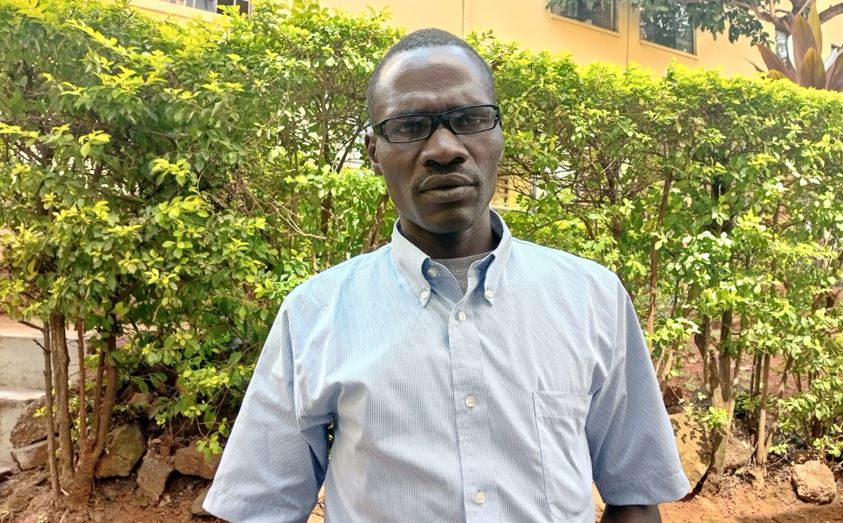 Noah Too, a youth advocate from West Pokot, speaking to The Eastleigh Voice about the climate change mitigation initiative he and other youth are engaged in. (Photo: Charity Kilei)
Noah Too, a youth advocate from West Pokot, speaking to The Eastleigh Voice about the climate change mitigation initiative he and other youth are engaged in. (Photo: Charity Kilei)
Despite the challenges, Wario is optimistic. She speaks of the women's groups she has helped organise, including five groups, each comprising 50 women, who are receiving training and support through partnerships with organisations like the Young Women's Christian Association (YWCA) and Hivos and (FLLOCA) Kenya.
These groups are learning how to adapt to climate change and strengthen their economic independence through initiatives like table banking.
"When a woman is financially empowered, she has a voice. She can stand up for her family and community," says Wario.
However, she acknowledges the obstacles they face, including hostility and resistance to new ideas, such as tree planting.
"But we've found that speaking in the local language and working with local authorities has helped bridge the gap and bring the community on board."
Wario's message to the government is that more support is needed to help communities like hers adapt to climate change.
"We need more support so we can better mitigate these impacts and protect our people," she says.
 A youth football team from West Pokot which is involved in tree planting in the fight against climate change. (Photo: Charity Kilei)
A youth football team from West Pokot which is involved in tree planting in the fight against climate change. (Photo: Charity Kilei)
Building resilience
Through these efforts, Wario and her community are not only surviving but finding ways to thrive in the face of climate adversity. They are building resilience, one woman at a time, and planting seeds of change that will help ensure a more sustainable future for the generations to come.
Ahead of COP29, youth and women gathered at a forum organised by the Young Women Christian Association (YWCA) in partnership with Hivos. The event aimed to empower young people and women to advocate for better policies on climate change adaptation and funding, in line with Kenya's broader agenda to strengthen efforts in mitigating the impacts of climate change.
By equipping these groups with the tools and knowledge needed to advocate for change, the forum highlighted the importance of inclusive decision-making in tackling the climate crisis.
The forum also provided a platform for participants to discuss how to adapt to environmental challenges specific to their communities. They shared local solutions and strategies for building resilience to climate change, tailored to the unique needs and circumstances of their regions.
Speaking at the forum, Noah Too, a youth advocate from West Pokot, emphasised the need to raise awareness in pastoralist communities about the importance of sustainable livestock management and the environmental impact of overgrazing.
He suggested that these communities should consider reducing the number of animals they keep, in line with what the environment can sustainably support, and also focus on planting trees to protect the land.
Too has already begun an initiative in West Pokot to promote these changes.
"We are currently facing both heavy rains and drought, and even roads have been affected. The main challenge here is deforestation caused by the cutting of trees for firewood, largely due to a lack of awareness," he said.
He pointed out that West Pokot has fertile land and, with proper education, the community can be encouraged to plant a variety of crops and reduce overstocking, a significant issue in the area.
"If we preserve the natural beauty of West Pokot, it could become a source of revenue," he explained.
"In pastoralist communities, people believe that owning more livestock means more wealth. However, during times of crisis, they end up losing their herds, which only deepens their vulnerability."
Too stressed the importance of grassroots education, particularly in teaching pastoralists how to adapt to climate change and engage in activities like tree planting to protect the forest.
He has also launched initiatives to engage young people through sports, using it as a platform to promote tree planting.
"It's essential that West Pokot is represented at the grassroots level. The government must work alongside NGOs to foster better climate resilience strategies," Too said.
Planting trees
He said that through his sports-based initiatives, he encourages players to plant trees during matches, and the results have been positive, with more trees being planted as a result of these efforts.
"No matter the challenges, young people must stay resilient in their climate advocacy," Noah continued. "We need to partner with the county government and other NGOs to ensure that our message reaches everyone and we can make real change."
Vincent Ondieki, representing the county government at the forum, highlighted the need for a comprehensive approach to climate adaptation. He explained that issues should be categorised by sector, and an action plan must be developed at the county level to address them.
"A vulnerability impact assessment is crucial before identifying specific action plans," Ondieki stated. "It's important to understand local vulnerabilities at the ward and county level before developing tailored solutions."
He said the development of a climate adaptation plan must be aligned with both the national climate strategy and the county's development plan. By identifying key areas for action, the plan can address sector-specific needs and ensure long-term resilience.
"Strategic planning and the implementation of climate change adaptation are essential. "Monitoring and evaluation play a critical role in refining these plans, ensuring that we are on the right track to address the evolving challenges," said Ondieki.
He explained that the goal of the vulnerability assessment is to identify the factors contributing to climate risks, the most vulnerable sectors, and the potential long-term and short-term consequences. This process allows for the development of solutions tailored to the community's specific needs and effectively guides resource allocation.
Climate change has profoundly impacted communities in Kenya, with droughts, floods, and unpredictable rainfall disrupting agriculture and pastoralism. Droughts have led to livestock deaths, crop failures, and forced migration in search of water and pasture. Flooding has caused soil erosion, further threatening food and livestock production. Rising temperatures have reduced fodder quality and milk yields, increasing the risk of pests and diseases.
These changes have worsened food insecurity, with many families struggling to survive on one meal a day.
Some have turned to unsustainable practices like charcoal burning to make ends meet. These challenges highlight the urgent need for adaptive strategies and sustainable solutions to build resilience in affected communities.
Top Stories Today
